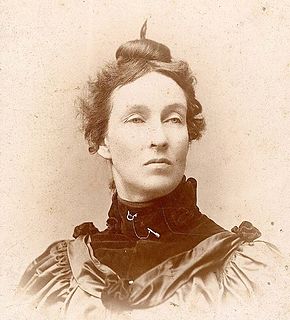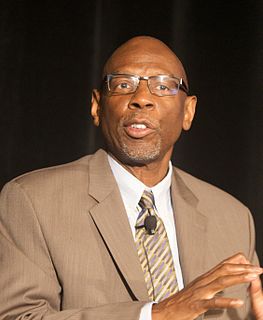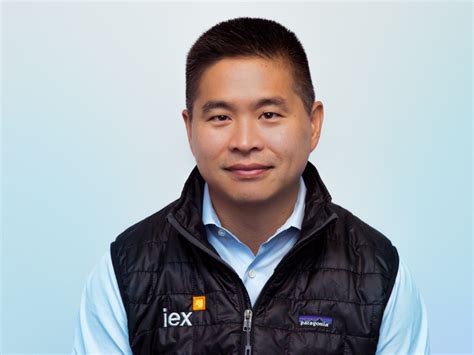A Quote by John Buffalo Mailer
I had a lot of preconceived notions going in the Wall Street. It wasn't an industry that I really respected much. My feeling was kind of like look, you're not making anything. You're taking money from one place, putting it in another and taking your cut and that's just not really kind of soul-satisfying at the end of the day, but what I learned is, on a larger scale is how much the Wall Street industry funnels and fuels so many others. There is a lot of good that these guys do, and to lump all traders into a category is as insane as lumping any group of people into one category.
Quote Topics
Another
Any
Anything
Category
Cut
Day
End
End Of The Day
Feeling
Fuels
Going
Good
Group
Guys
Had
How
How Much
Industry
Insane
Just
Kind
Larger
Learned
Like
Look
Lot
Lump
Making
Many
Money
Much
Notions
Others
People
Place
Preconceived
Preconceived Notions
Putting
Really
Respected
Satisfying
Scale
Soul
Street
Taking
The End Of The Day
Traders
Wall
Wall Street
Your
Related Quotes
I mean I think one of the larger problems going on right now is, debate has replaced discussion. As I say you can't lump Wall Street into one category. That doesn't mean anything. Every firm has a different attitude and does different things and puts their cherries in certain places and their money in others. Some are vicious, nasty, I will cut you down at all costs to make a buck, some have a much higher moral standard.
I heard governor Romney here called me an economic lightweight because I wasn't a Wall Street financier like he was. Do you really believe this country wants to elect a Wall Street financier as the president of the United States? Do you think that's the experience that we need? Someone who's going to take and look after as he did his friends on Wall Street and bail them out at the expense of Main Street America.
Wall Street owns the country. It is no longer a government of the people, for the people and by the people, but a government for Wall Street, by Wall Street, and for Wall Street. The great common people of this country are slaves, and monopoly is the master…Let the bloodhounds of money who have dogged us thus far beware.
A company that was I think the one I learned the most from in Wall Street 2, just in terms of my own character in and the kind of firm he worked in, was John Thomas Financial. There it's like warriors in an arena getting ready for battle. Thomas Belesis just fires these guys up like there is no tomorrow, and I absolutely got addicted to that optimism and adrenaline and that "We're going to do it, we're going to do it, buddy" kind of attitude that he had.
My hope is that the film Wall Street 2 will actually serve as a way for us to bridge that gap between Wall Street and Main Street. Certainly that's dealt with in the film of how it does affect everybody, so, you know, I always find that when you can create a movie or a play or a book that gives somebody a safe theoretical place to discuss what is really going on in the day it tends to forward discussion, so that would be my hope coming out of the film.
When people in my generation started to write, we did not actually have much of a movie industry, much of a theater scene, much of a television industry or other creative outlets. But we had a lot of aspiring writers. All that has changed. We now have a movie industry, television industry and lots of theater. But we have retained a large contingent of writers and a dedicated readership. The larger number of people in society who value writing, the larger number of good writers will be produced. That's my belief. It raises the bar.
Wall Street can be a dangerous place for investors. You have no choice but to do business there, but you must always be on your guard. The standard behavior of Wall Streeters is to pursue maximization of self-interest; the orientation is usually short term. This must be acknowledged, accepted, and dealt with. If you transact business with Wall Street with these caveats in mind, you can prosper. If you depend on Wall Street to help you, investment success may remain elusive.
































